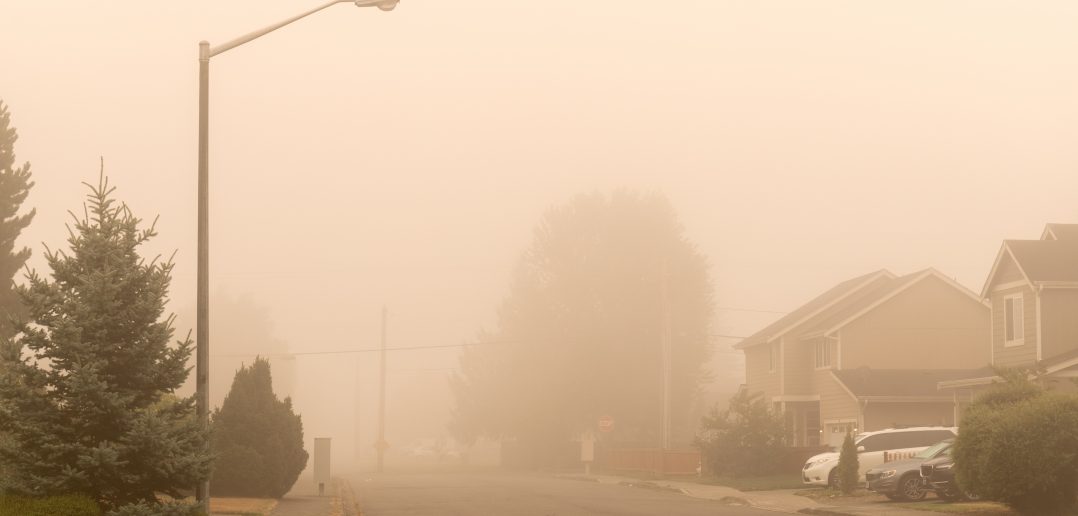Wildfires from Canada led to significant air pollution throughout New York and other states. During the poor air quality conditions, federal, state and local officials urged affected people to limit outdoor activity, particularly those who are children, senior citizens, are pregnant or have asthma, heart or related health conditions.
Here is some guidance from AirNow.gov, the U.S. Environmental Protection Agency’s website that centers on air quality.
Track changing air quality conditions.
- Visit airnow.gov and enter your zip code to see the latest air quality conditions in your area. The data is frequently updated, so officials recommend you check multiple times per day.
Reduce your exposure outdoors.
- Avoid strenuous activities, if possible.
- Reduce exposure to smoke in your vehicle by closing windows and vents and running the air conditioner in recirculate mode. Reduce your driving speed if conditions are very smoky and visibility is low.
- Reschedule outdoor work tasks, if possible.
- If you can’t avoid being outdoors, use personal protective equipment, including N95 respirators and masks that reduce particle exposure. Take frequent breaks indoors. Remember that employers are responsible for protecting workers from potential hazards.
- Have enough food, medication and other essentials to last several days, so you don’t have to go out. Avoid going out at the smokiest times of day.
- Listen to the advice of your health care provider.
- Follow any safety directives by federal, state and local officials.
Reduce your exposure indoors.
- Stay indoors as much as possible, with doors and windows closed. If you have an air conditioner, ensure you have a high efficiency filter.
- Avoid activities that may lead to increasing air pollution indoors, including burning candles, using gas, propane or wood-burning stoves, using fireplaces, smoking tobacco products, frying or broiling meats or vacuuming.
- Use a portable air cleaner.
- Create a clean air room to reduce exposure. This is ideally a room without fireplaces or many windows.
- Have a supply of N95 respirators and masks.
If you must evacuate
- Monitor local news media.
- If your indoor air is too hot, seek relief at a clean air shelter, another large building with air conditioning and good filtration or family and friends who are unaffected.
- Follow any safety directives by federal, state and local officials.
- Watch pets and livestock closely and take steps to reduce their exposure.




